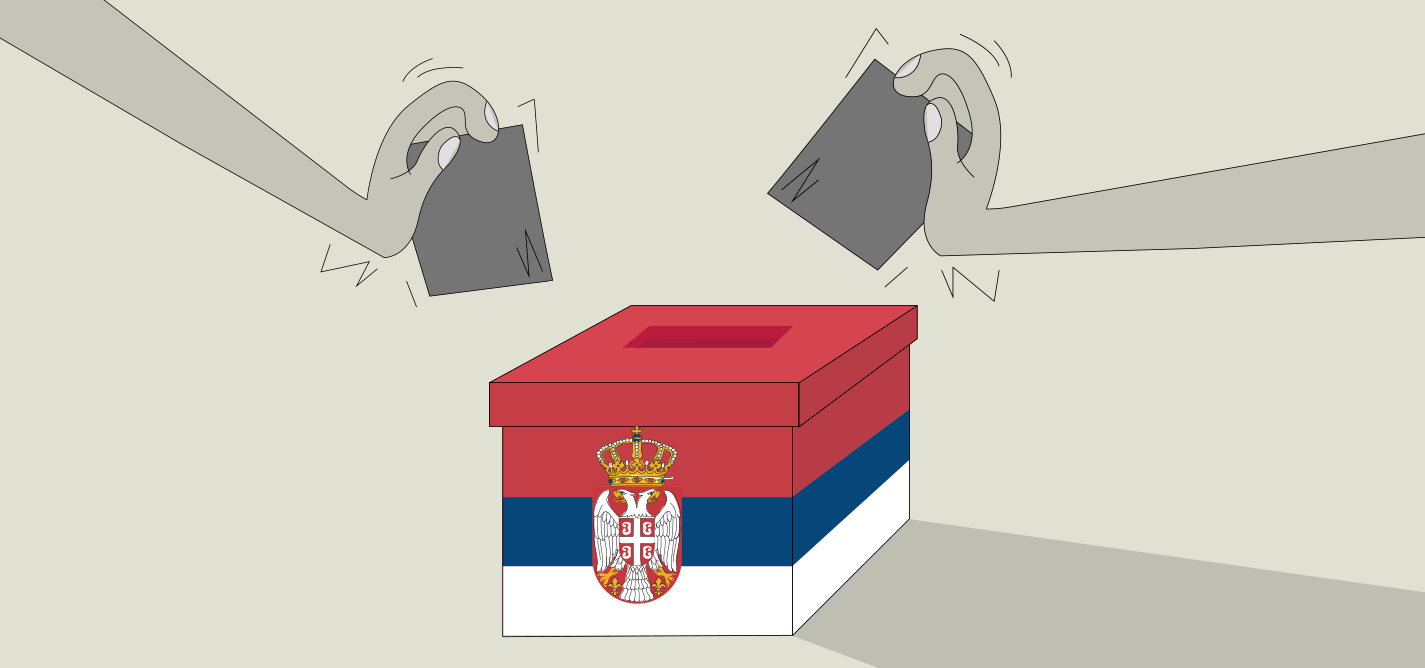
Is this the beginning of the end?
The outcome of the opposition-led boycott in Serbia.
By purging ill-suited staff and appointing party militants, the SNS has managed to gradually instrumentalize the majority of the state apparatus.
The first immediate consequence of the boycott is the truncated legitimacy of the government and the further aggravation of the internal political crisis in Serbia.

Dario Hajrić
Dario Hajrić writes opinion pieces and analyses on the topics of social power, violence, the political class and the media. He cooperates with Deutsche Welle and the portal Remarker.
DISCLAIMERThe views of the writer do not necessarily reflect the views of Kosovo 2.0.
This story was originally written in Serbian.